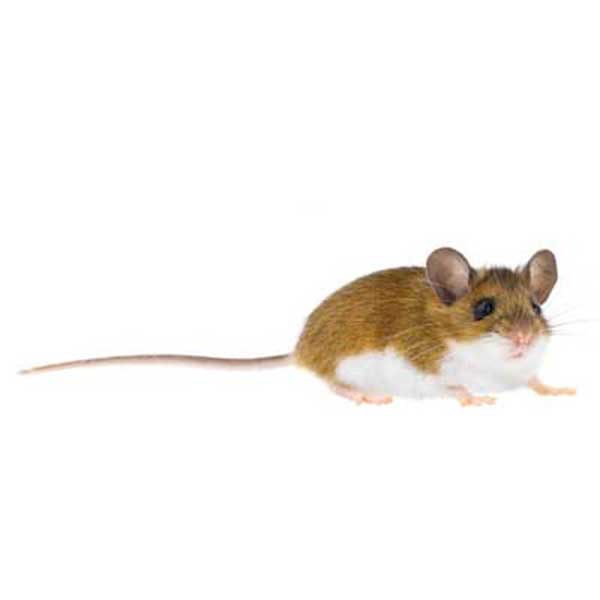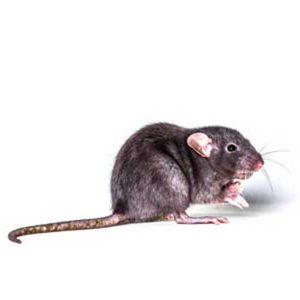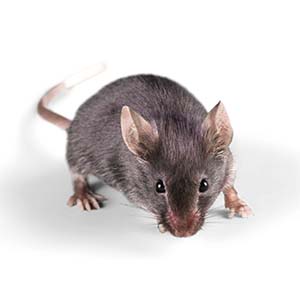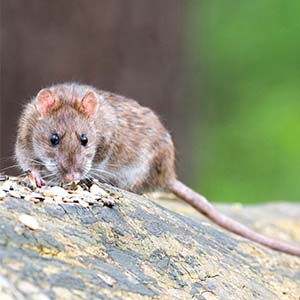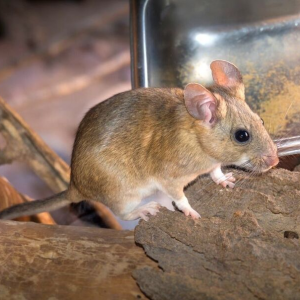Description
Deer Mice in Spokane, WA and Coeur d'Alene, ID
Also known as field or white-footed mice, deer mice are a common rodent pest found throughout North America. They are most frequently found outside in rural or agricultural areas, though they may seek shelter indoors during the cold winter months. Deer mice are crepuscular rodents, so they are most active at dusk and dawn. They also prefer to feed on substances like seeds, nuts, berries, and insects. Though deer mice are mainly antisocial creatures that avoid humans, they are capable of transmitting potentially deadly diseases, which makes them a health concern for home and property owners.
Deer Mouse Habitat
Since deer mice are most active in darker hours, they usually hide during the day. They construct small, cup-shaped nests using fibrous matter such as stems and leaves. These nests are usually lined with softer materials, like feathers or shredded cloth. Because deer mice typically remain outdoors, they usually build their nests in areas such as tree hollows, fence posts, and logs. However, they may seek shelter inside during cold winter months, which means they may also nest in garages, basements, and similar spaces.
Deer Mouse Behaviors, Threats, or Dangers
Most of the time, deer mice build their nests in quiet and undisturbed outdoor areas. That said, these rodents do not hibernate, so they may seek warmer shelter over the winter. Indoors, they typically build their nests in dark and low-traffic areas like basements, sheds, or abandoned vehicles. Deer mice in your home can pose a serious health threat, as these rodents are known to carry the potentially fatal hantavirus. If you notice the signs of a deer mouse infestation, it is important to call your local rodent control company as soon as possible.
Need help with Deer Mouse control?
We'll call you! Leave your information below.

